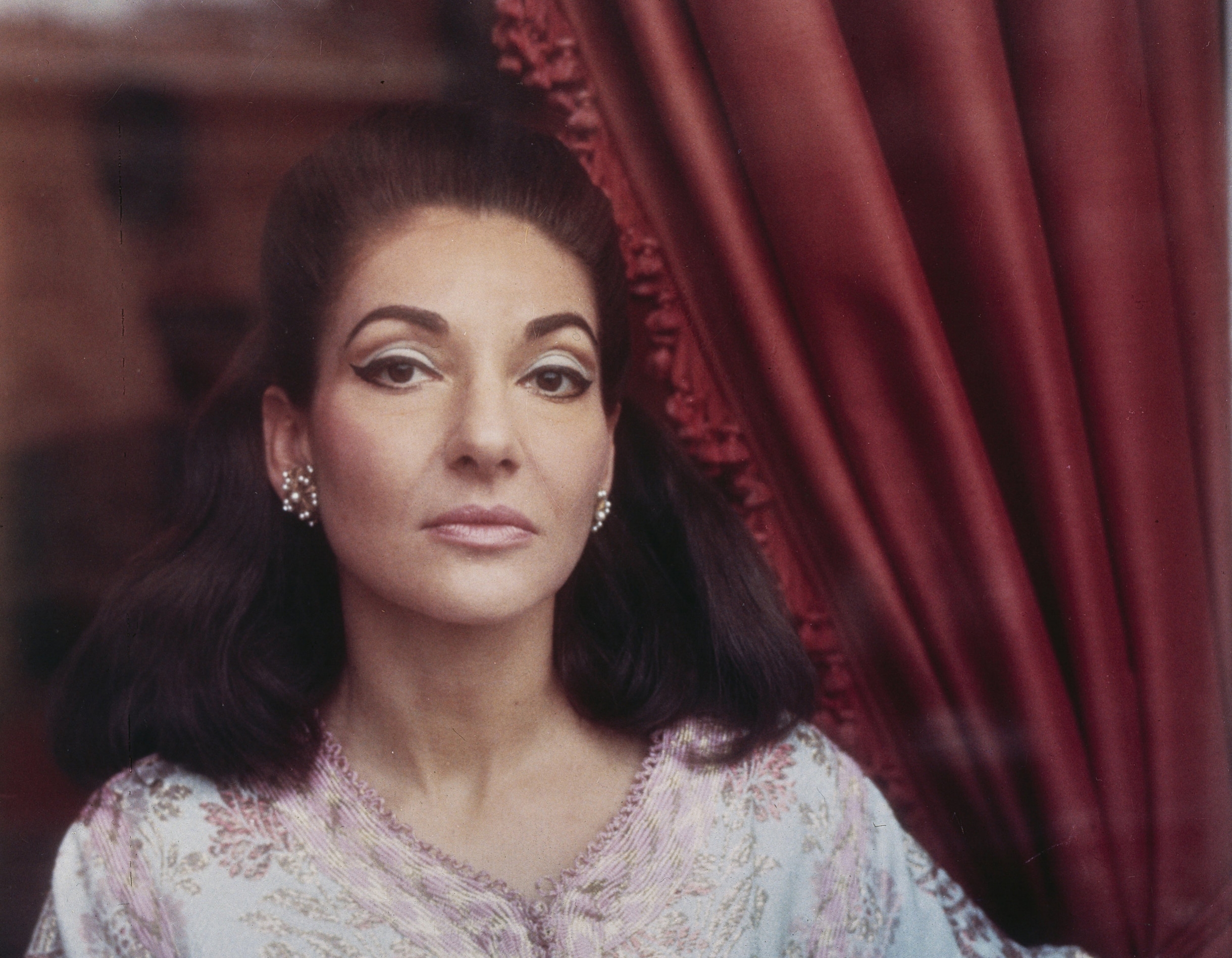‘Maria by callas’: A movie review
By Tom Jozwik
Published Dec. 10, 2018
As far as 2018 documentaries, I prefer the one about Mr. Rogers. Then again, “Maria By Callas” is less traditional, more inventive.
Which is to say, the diva’s doc is something of a one-woman show, a rather unique take on its genre. Maria Callas is seen performing onstage; seen and heard granting interviews to the likes of David Frost, Mike Wallace and Barbara Walters (“You have the reputation of being one of the most tempestuous opera stars in the world,” one interrogator remarks); heard through excerpts from her letters and such, read via voiceovers. There is no narrator and, aside from the voiceover speaker, about the only voices heard (briefly) that do not belong to the celebrated soprano are those of Sir Rudolf Bing, who dismissed Callas from the New York Metropolitan Opera company; a few fans sitting through a New York night so as to purchase tickets for a Callas performance; and an acting/voice teacher who remembered Callas as a “perfect” student.
Creatively unusual as it may be, the essentially-single-voice movie might’ve been more interesting if more alternative voices had been included. A biography could’ve told a fuller story than a virtual autobiography—could’ve presented a fuller, more balanced picture.
As it is, the Tom Volf-directed “Maria” includes footage in black-and-white and color, interview excerpts in English and (subtitled) French, scenes of Callas visits to locations like Lisbon and London, Rome and Milan, and Chicago, and clips from the celebrated singer’s performance in operas including “Madama Butterfly,” “Carmen” and “Tosca.” At times entire songs are included—providing opportunities for the viewer to more deeply appreciate the poised and expressive Maria’s acting and vocal abilities, but making the appreciably long (113 minutes) doc even longer.
I most enjoyed the personal side of Maria’s story, particularly the late-in-film section that deals with her being jilted (for Jacqueline Kennedy) by Aristotle Onassis after a nine-year relationship—and the Callas/Onassis rapprochement that eventually ensued.
After “very happy, carefree days” as a preadolescent, New York-born Maria, whose father had shortened the family surname by several syllables, moved to Greece in 1937. “That was hard,” she conceded in adulthood, “but hardship does one good.” Her mother “decided that I should become a great singer” and Maria was forced to fib about her age (she was 13, four years shy of the minimal age for enrollment) to get into the Conservatoire of Athens. Having achieved fame as a performer, Callas remarked, “I would’ve given it up with pleasure, but destiny is destiny and there’s no way out.”
The decidedly attractive lady (she resembled Jackie O!) who opined that a woman’s primary “vocation” was motherhood within a family framework would wed, but never mothered a family. Before she would take up with the “charismatic” and “full of life” shipping titan she called “Aristo,” who “made me feel liberated and very feminine,” Maria had married Giovanni Battista Meneghini. She depicted her 1949-59 spouse as a man with a selfish interest in her career. “My fame,” Callas stated, “went to his head.”
The foregoing is a memorable quote and the documentary contains a number of additional Callas gems:
--“Glory terrifies me.”
--“I have to feel what I do.”
--“I just can’t learn the art of being a hypocrite.”
-- “I envy (a friend’s) family. There is no greater wealth on earth.”
An onscreen note indicated Callas died of a heart attack in 1977. She was 53.
I still prefer “Won’t You Be My Neighbor?” to “Maria.” But I have no trouble assigning the newer doc a grade of B+.
